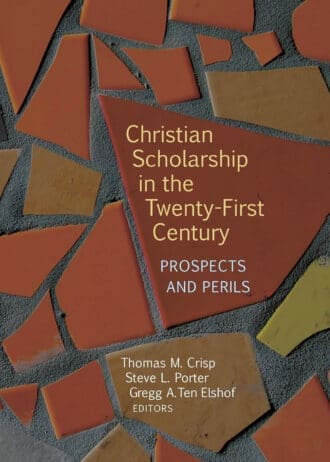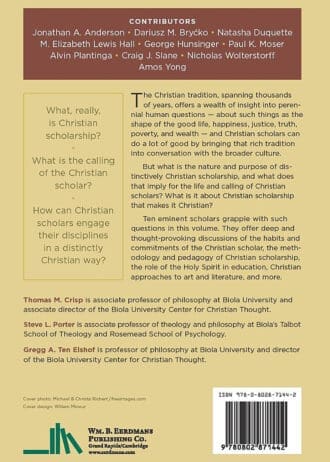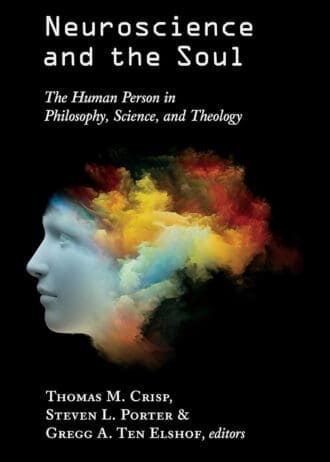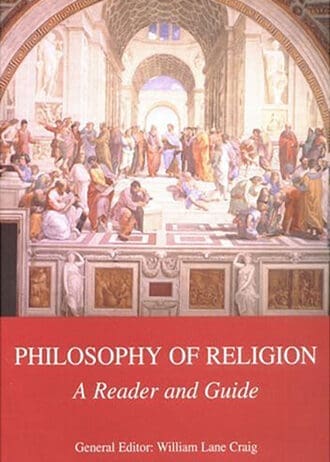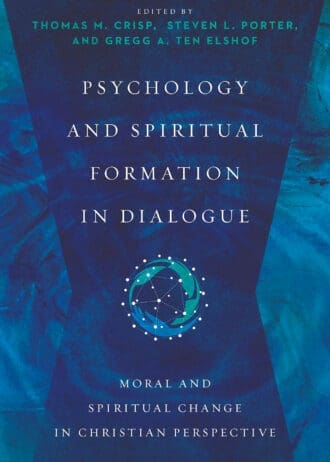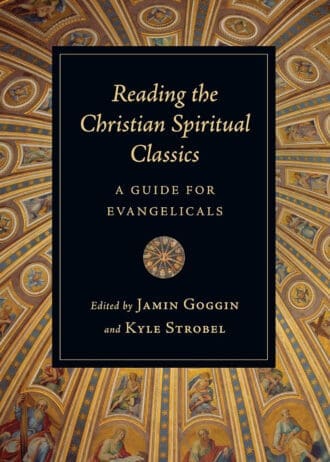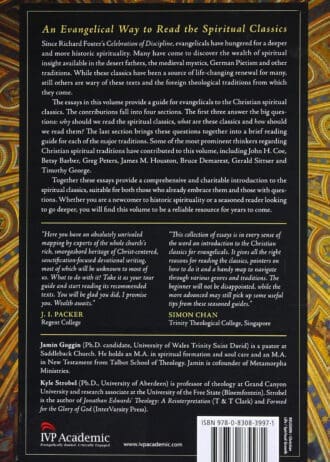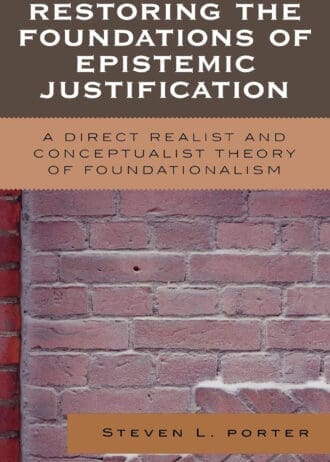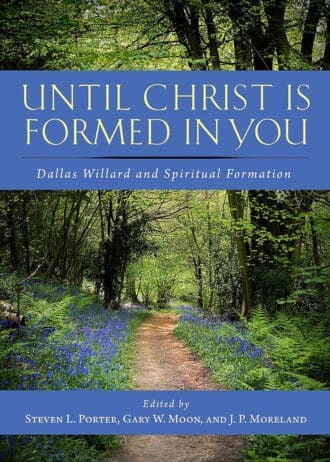Christian Scholarship in the Twenty-First Century: Prospects and Perils
The Christian tradition provides a wealth of insight into perennial human questions about the shape of the good life, human happiness, virtue, justice, wealth and poverty, spiritual growth, and much else besides — and Christian scholars can do great good by bringing that rich tradition into conversation with the broader culture. But what is the nature and purpose of distinctively Christian scholarship, and what does that imply for the life and calling of the Christian scholar? What is it about Christian scholarship that makes it Christian? Ten eminent scholars grapple with such questions in this volume. They offer deep and thought-provoking discussions of the habits and commitments of the Christian scholar, the methodology and pedagogy of Christian scholarship, the role of the Holy Spirit in education, Christian approaches to art and literature, and more.

